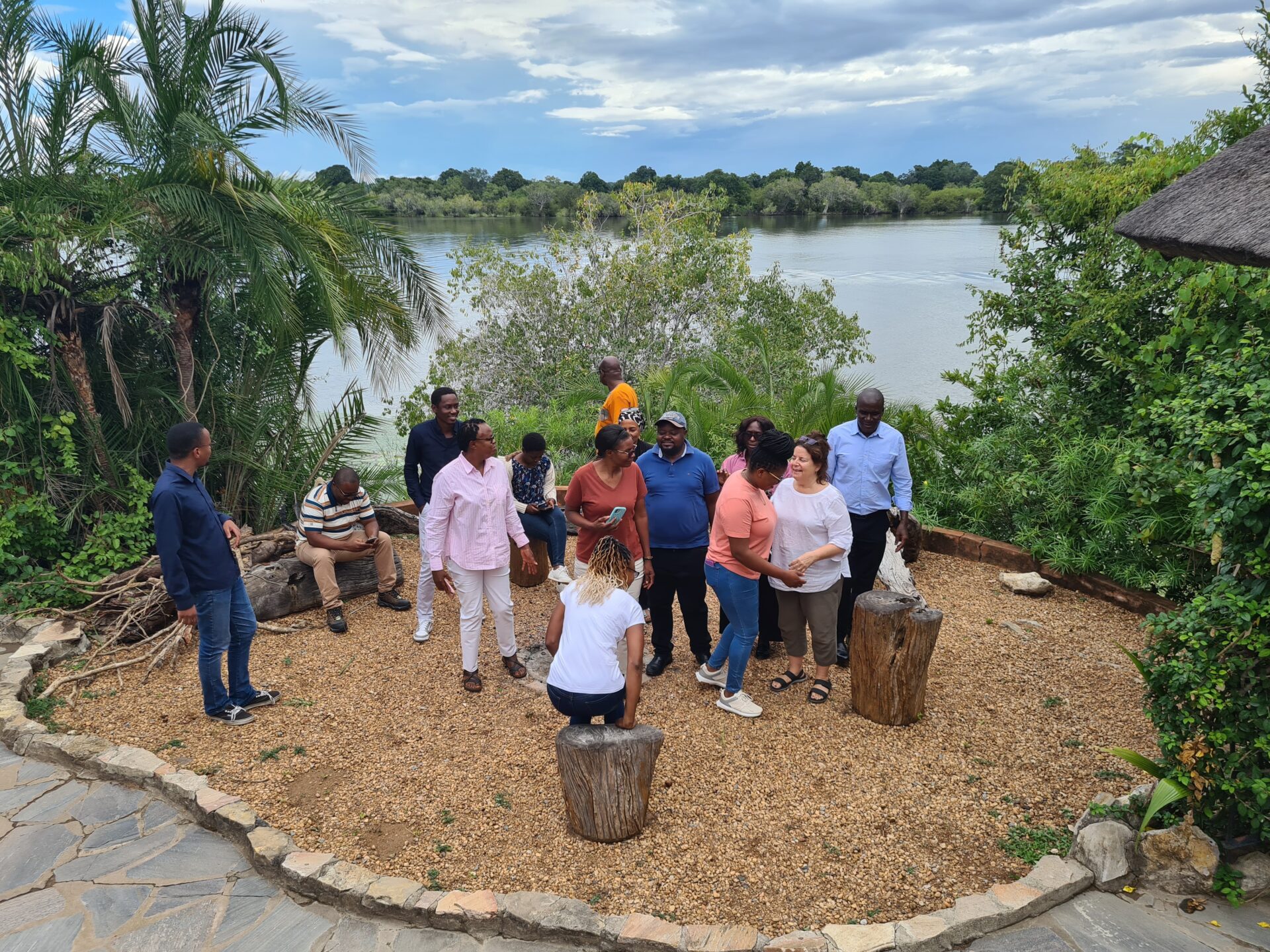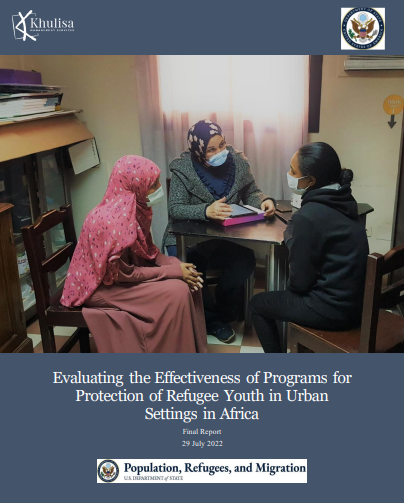Khulisa, together with its partners at LASER PULSE, recently completed a study on the nature and scope of trafficking in persons (TIP) in South Africa. The study involved several substantial challenges, including accessing victims/survivors of TIP and conducting this sensitive research during the COVID-19 pandemic. This “TIP tip” is the second in a series stemming from lessons learned during the TIP project.
“TIP tip” #2: The research process is not always linear – be adaptive and flexible
When conducting an evaluation with multiple stakeholders during a time of tremendous change and uncertainty, like the COVID-19 pandemic, it’s essential to provide adaptive and flexible project management while also maintaining rigorous design, methodology, and data collection.
The TIP project’s research plan had to adapt to changing COVID regulations, delays in ethical approvals and permissions from stakeholders, and challenges to accessing vulnerable populations. Due to a combination of these challenges we had to conduct the research sporadically over a 12- to 18-month period, rather than the more focused, defined time period that was originally planned.
This change to the original data collection plan did force us to examine the results a bit differently. However, collecting data over the extended time period also provided new insights into the effect of COVID-19 on vulnerable populations. In addition, the research was strengthened through the iterative cycles of data collection, enabling the team to reflect on the data, explore emerging themes in the next round, and understand the ‘mosaic of evidence’ and a ‘constellation of circumstances’[1] of this complex phenomenon.
Khulisa was constantly adapting during the TIP project. But we also maintained constant communication with the project funders, stakeholders, and academics to ensure our adaptive and flexible management decisions retained the rigour of the research. Maintaining this balance allowed us to complete this complex project under the most challenging circumstances.
[1] United Nations Office on Drugs and Crime (UNODC) (2017) Case Digest: Evidential Issues in
Trafficking in Persons Cases. Vienna: United Nations.


